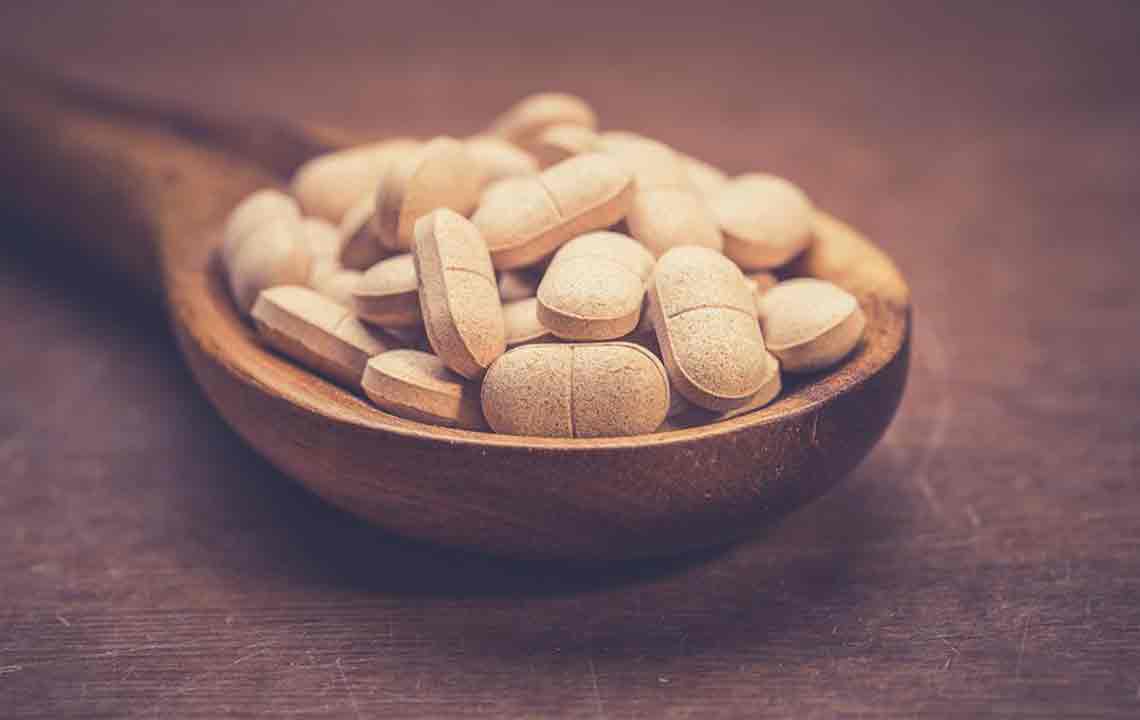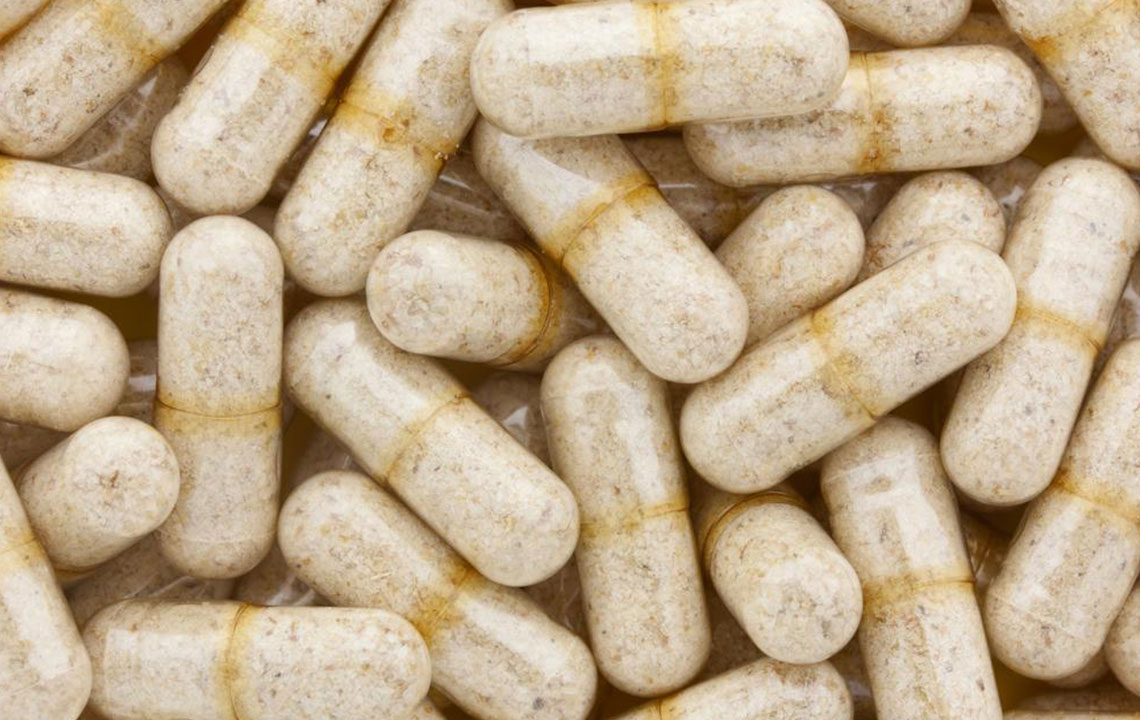Comprehensive Guide to Premium Fiber Supplements for Better Health
Discover top-quality fiber supplements that support overall health, digestion, and disease prevention. This guide explains fiber types, benefits, and safe usage tips, helping you choose the right supplement for your needs and discuss options with your healthcare provider.
Sponsored

Dietary fiber, a vital indigestible carbohydrate found in plant foods, offers numerous health advantages. It helps reduce bad cholesterol, stabilizes blood glucose, supports weight management, and promotes healthy digestion by preventing constipation. Despite its importance, many people fall short of the recommended fiber intake.
Adults are advised to consume 38 grams (men) and 25 grams (women) daily, but average consumption often hovers around 15-18 grams. This gap is mainly due to the low fiber content in processed foods common in Western diets, which lack natural fiber sources like lentils, beans, berries, and artichokes. When natural sources aren’t enough, fiber supplements can be beneficial.
There are two primary types of dietary fiber: soluble and insoluble. Soluble fiber dissolves in water, forming a gel that slows digestion and aids in lowering LDL cholesterol. Insoluble fiber passes through the system largely unchanged, helping to promote regular bowel movements. Both types contribute to overall health.
Recommended fiber supplements include:
Inulin (Fiber Choice): A prebiotic fiber that enhances colon bacteria, boosts nutrient absorption, and influences appetite hormones. Available as a chewable capsule, it offers 100% soluble fiber.
Psyllium (Metamucil): Derived from Plantago ovata seed husks, it contains about 70% soluble fiber, supporting digestion and alleviating constipation. It’s widely used globally for digestive health.
Methylcellulose (Citrucel): A non-fermentable soluble fiber made from plant cellulose, reducing gas and bloating. Commonly found in powder form, it’s ideal for gentle fiber supplementation.
Wheat Dextrin (Benefiber): Extracted from corn, it dissolves easily in hot or cold liquids, helping regulate digestion and keep blood sugar stable. It is a pure soluble fiber supplement.
Fiber intake impacts various health conditions, including diabetes, weight management, diverticulitis, irritable bowel syndrome, heart disease, and certain cancers. Increasing fiber consumption can lead to significant health improvements. However, those considering supplements should consult healthcare providers, especially if they have pre-existing conditions like stenosis or ulcers, to prevent complications. Starting with small doses, staying well-hydrated, and progressing gradually can minimize side effects such as bloating, gas, or cramping. Always seek medical advice before adding fiber supplements to your routine to ensure safety and avoid interactions with medications.






